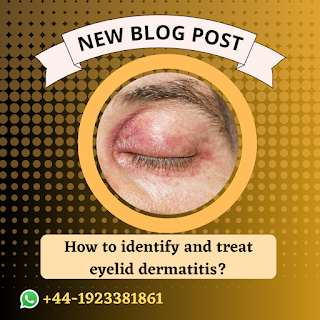Does Diet Affect Eye Vision And Health?

Researchers have discovered a connection between certain nutrients that are good for the eyes—like lutein and zeaxanthin, vitamin C, vitamin E, and zinc—and a lower risk of developing severe eye conditions like cataracts and age-related macular degeneration. These antioxidants can be found in a variety of foods, including fruits, nuts, and green leafy veggies. Most individuals prioritise their weight when choosing what to eat. When deciding what to eat, weight and bodily health appear first in most people's minds. When arranging a diet, very few people consider their teeth or even their eyes. It has never been more accurate to say that "you are what you eat." The general eye health and vision are now confirmed by studies to be influenced by what you consume. Lack of some nutrients will cause damage to the eyes because they are essential for keeping vision and good eye health. You must educate yourself on how your diet impacts your vision and eye health. B...



.png)